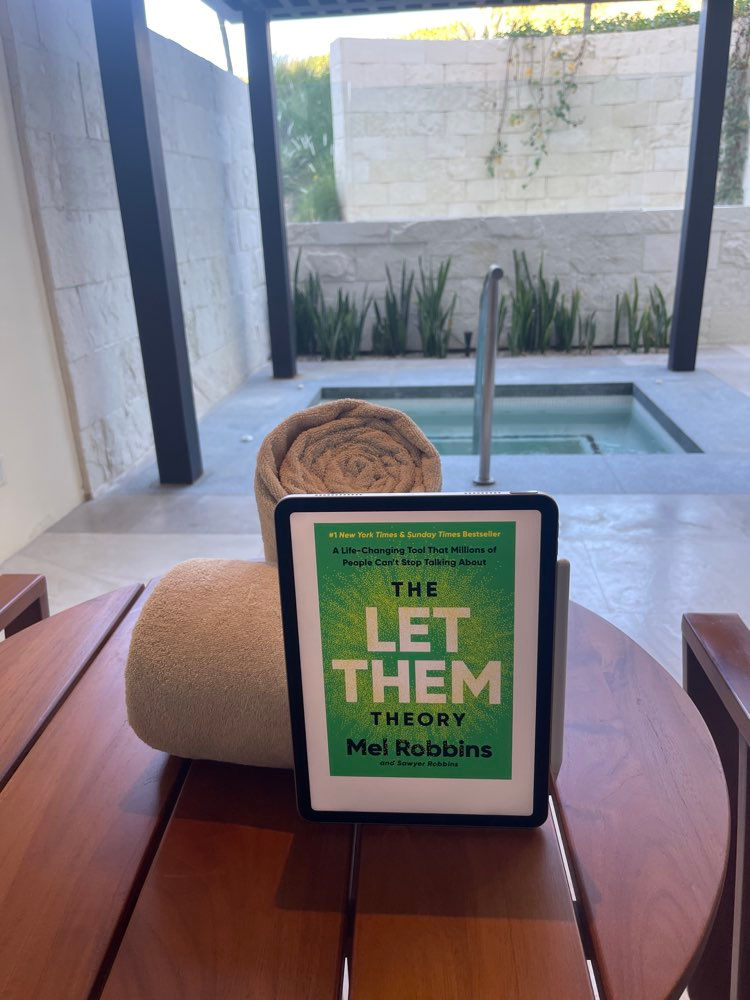Black Hair Culture
- The Spine Down

- Aug 25, 2021
- 3 min read
Updated: Sep 22, 2021
Title: Twisted: The Tangled History of Black Hair Culture
Author: Emma Dabiri
Genre: nonfiction feminism history race

Summary : Twisted: The Tangled History of Black Hair Culture by Emma Dabiri explores black hair through generations and across the diaspora. As a biracial light-skinned Irish woman, Dabiri also shares her experience with her hair throughout different stages of her life and in her visits to places around the world.
Thoughts before reading the book: Before reading this book I reflected a lot on my hair journey:
The youngest memory I have of my hair was when I was maybe 5 years old and the only chocolate drop in my dance class with natural hair that didn’t move in a ponytail. A few years older, I remember being sad that my braids with beads and barrettes didn’t have any hang time. As a preteen, I was finally old enough to get a relaxer and I loved it at first, but my hair started to thin and it never felt like it was growing. I then embraced a short relaxed cut. I went to college at a HBCU and saw women rocking their natural hair in its curly shrunken state or silk pressed. I then got bold and jumped on the natural hair bandwagon and started to fall in love with my natural hair for the first time. I loved its 4C texture, its sponginess during wash days, and the feeling of accomplishing a successful twistout! As of November 2020 I went back to the creamy crack and will probably never look back. I LOVE my short relaxed cut, and I feel like the best version of myself.
My hope in reading this book was to try to get a better understanding of the complexity I felt with my hair over the years and even sometimes now!
Thoughts after reading the book: This is a 5-star book for me!
I enjoyed learning the historical context and connections during different eras that played a part in how black hair is viewed which included colonialism, colorism, stereotypes, and the representation of black women's hair in the media. I gained an even better understanding of concepts through the pop-cultural references used throughout the book from vintage hair advertisements to examples of cultural appropriation. I liked learning how current hairstyles trace back to traditional African hairstyles. This book gave me the big picture and factors in how society has historically and currently influences black hair culture.

I enjoyed learning Dabiri’s hair story as a biracial light-skinned black Irish woman with type 4C hair (the coarsest hair on the spectrum). Dabiri shared stories about how she and her hair have been viewed in different spaces all over the world. Sometimes she was referred to as black, mixed, light-skinned, etc, but what was consistent was this idea of her having misfortune with her hair texture. Colorism and texturism both use whiteness and non-black features as the standard of beauty. The lighter you are the prettier you are and the looser your curls, the better. Capitalism played on these standards both in mainstream and within the black community which has been damaging.
Around 2010 in the US and across the diaspora, black women started to collectively embrace their natural hair in all forms as a symbol of beauty which has been termed the Natural Hair Movement. This is such a beautiful time to be alive and I'm not gonna lie, I probably wouldn't have gone natural if it wasn't for the community shift on how we view natural hair.
As a young child, I spent long hours on the floor wedged between the strong legs of strangers, my head cradled in their lap. These early childhood memories are vague in detail but strong in the atmosphere.
What I enjoyed most about this book were the nostalgic moments around sisterhood and the community that comes with black hair. Dabiri did a great job articulating the common experience that many black women go through when getting their hair done. I found myself smiling and reflecting on the closeness and intimacy that comes with the hairdressers hands fingers on your scalp. I loved Dabiri’s description of sitting between a woman’s legs getting her hair done: the confidence in the hands that braid and part her hair, the smells, the sizzling of the hot comb, the laughter and conversations among women.
- Maya & The Spine Down











Comments